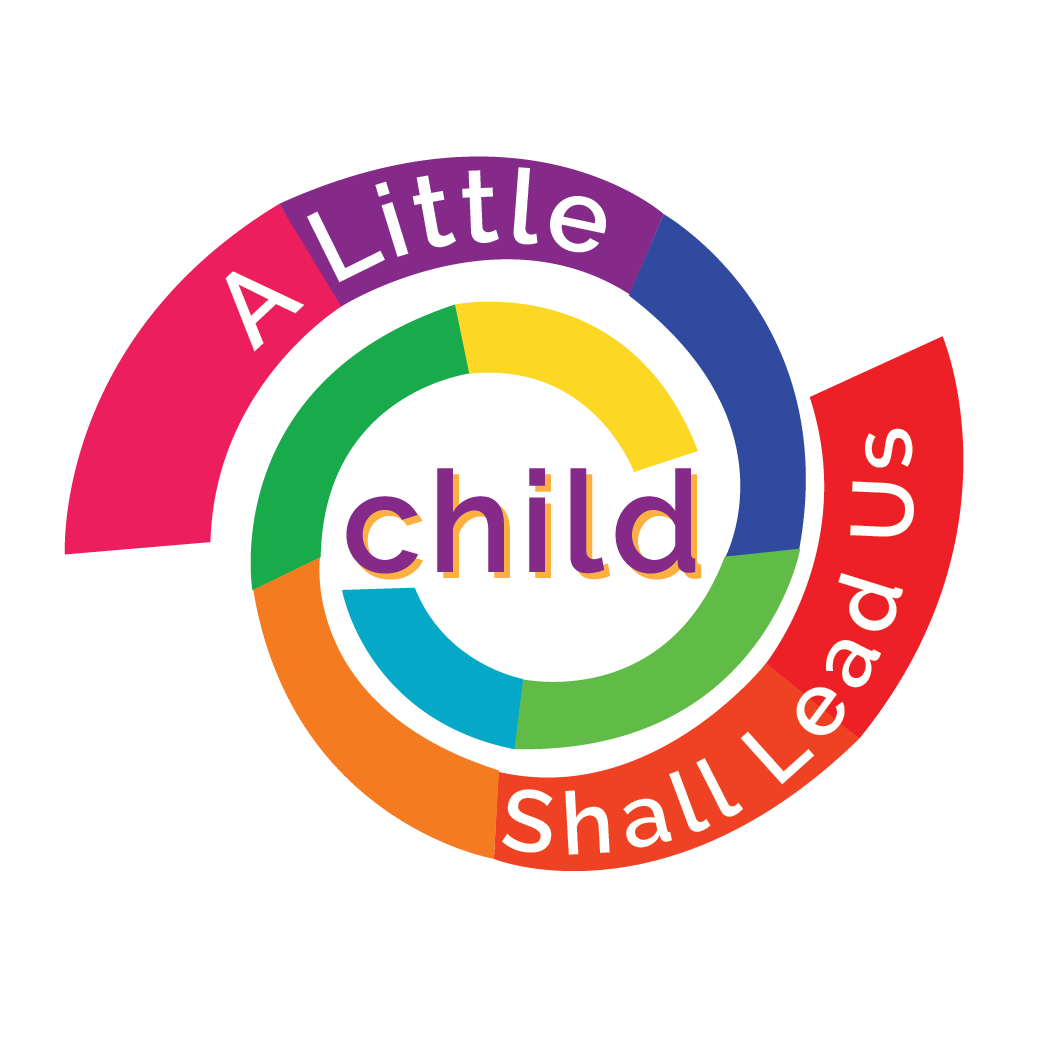Spiritual Growth Is A Spiral
Most forms of growth are linear. First a baby holds up their head — then they roll over - crawl - pull up - stand then walk.
Spiritual growth perhaps is more circular.
A child arrives whole and holy - their spirts and souls fully engaged. They don’t have a language to describe their spiritual capacity and perhaps neither to do we. Yet they can look into our souls and connect deeply with their care givers. We can see joy in their eyes. There is no doubt they are spiritual beings and who are we to pronounce or critique their level of spiritual awareness?
Models of Growth
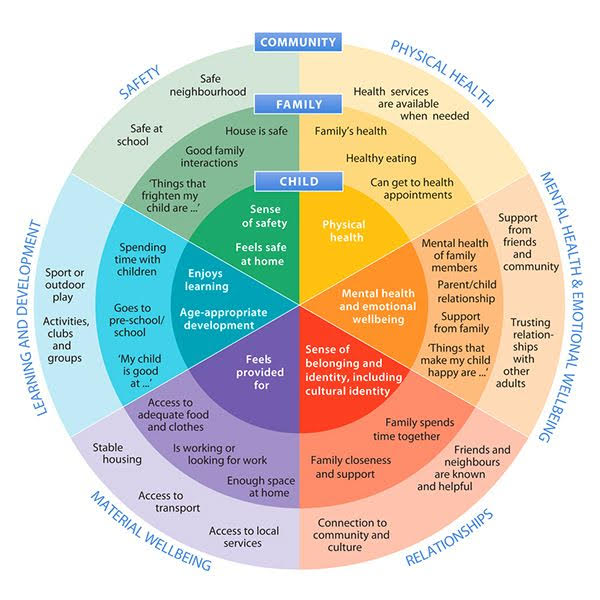
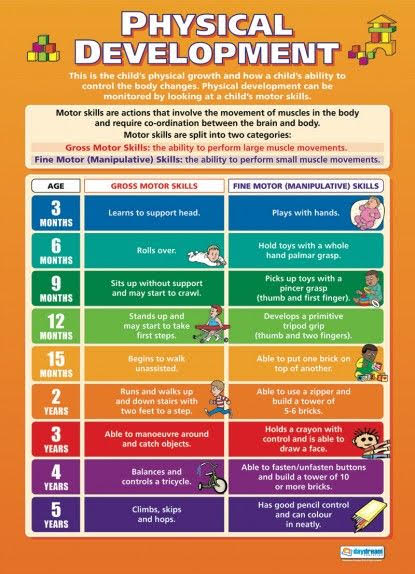
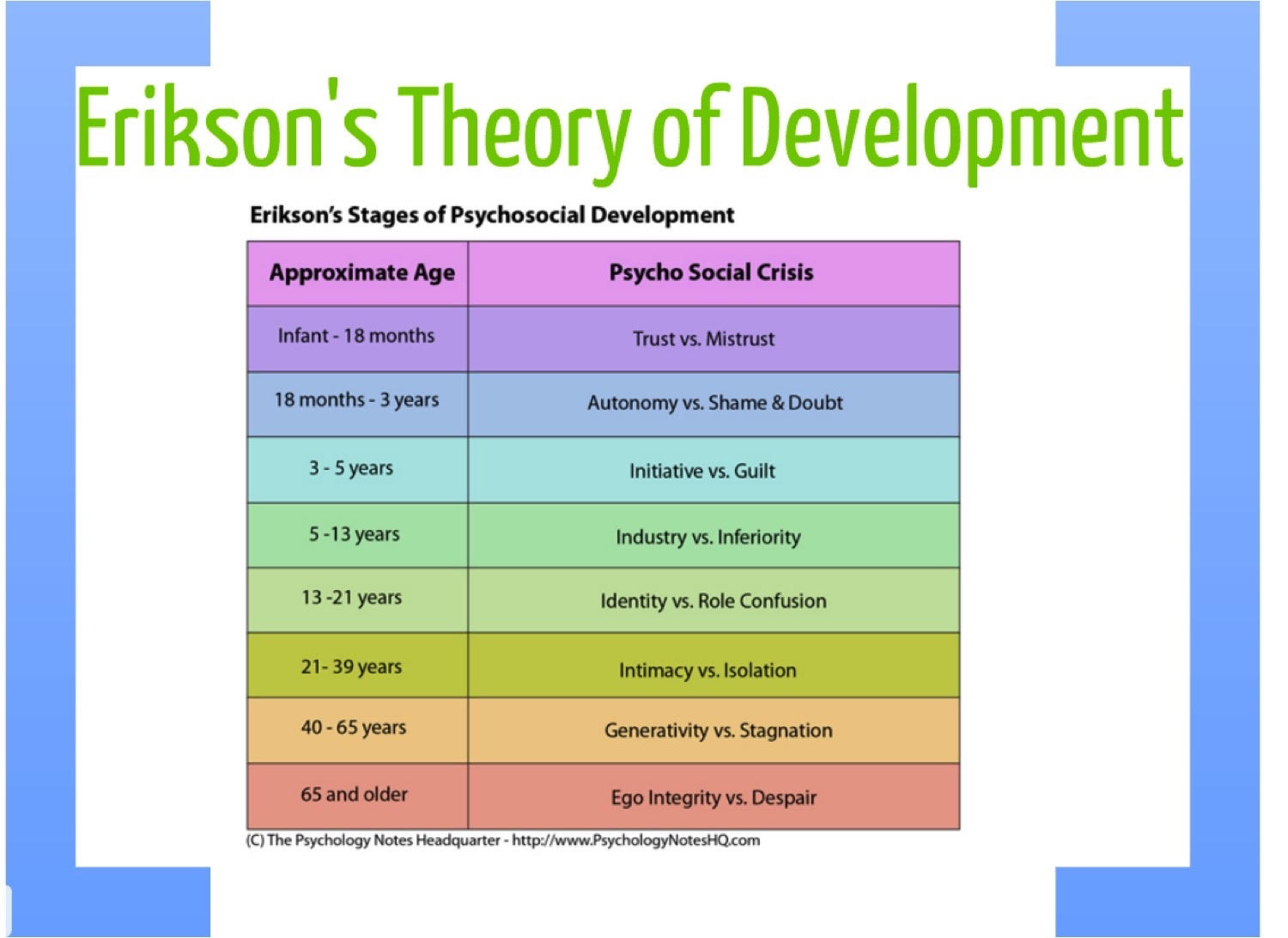
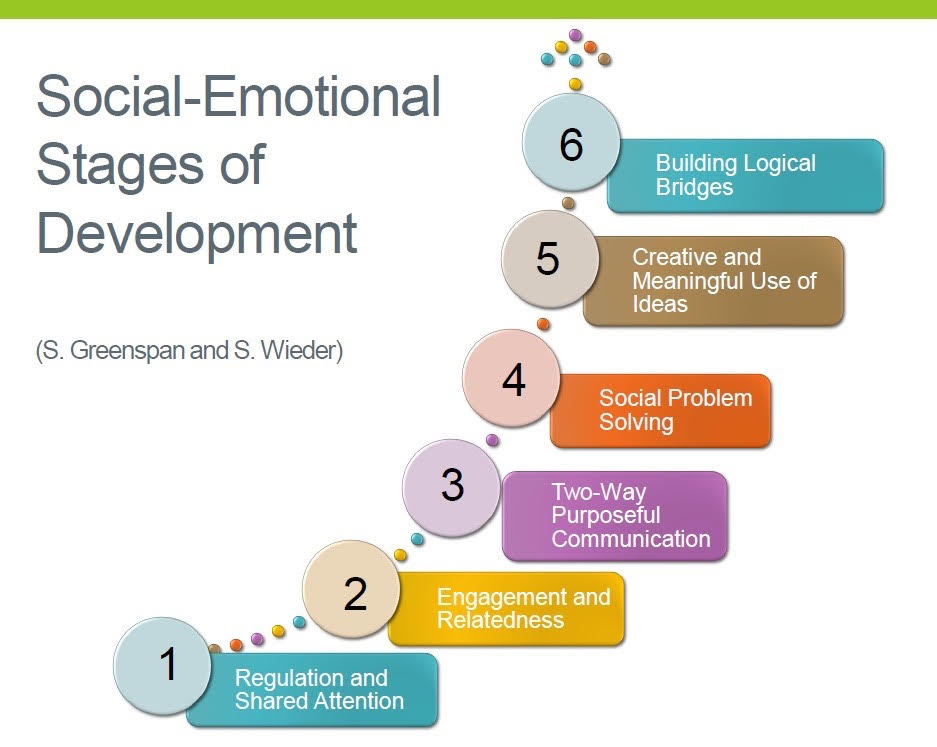
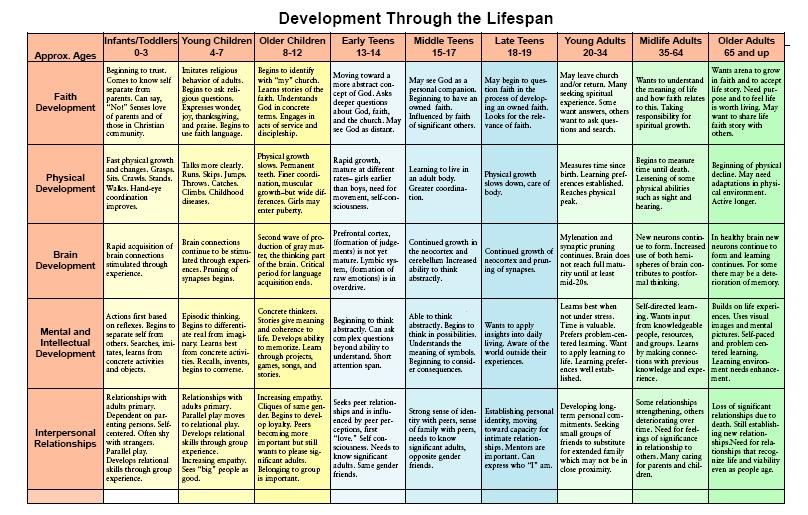
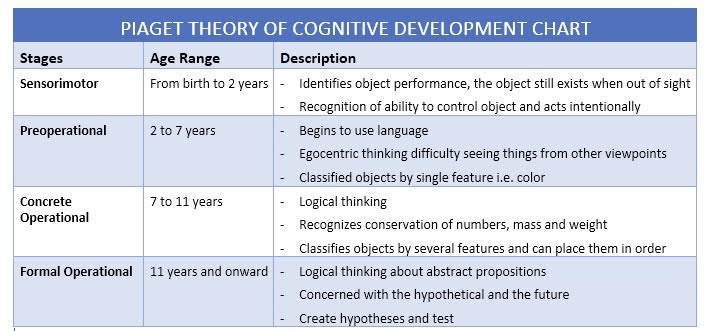
Entry Point for Spiritual Development
Peter Stover, Art Teacher - Chicago Public Schools
How Skills Develop
Beth
What Children's Minds Tell Us About Truth, Love, and the Meaning of Life
In the last decade there has been a revolution in our understanding of the minds of infants and young children. We used to believe that babies were irrational, and that their thinking and experience were limited. Now Alison Gopnik ― a leading psychologist and philosopher, as well as a mother ― explains the cutting-edge scientific and psychological research that has revealed that babies learn more, create more, care more, and experience more than we could ever have imagined. And there is good reason to believe that babies are actually smarter, more thoughtful, and more conscious than adults.
In a lively and accessible tour of the groundbreaking new psychological, neuroscientific, and philosophical developments, Gopnik offers new insight into how babies see the world, and in turn promotes a deeper appreciation for the role of parents in shaping the lives of their children.
Kids are the Research and Development Division of the Human Race
Relationships are more Important than money - Invest in Love
Alison Gopnik
What do babies think? - TED
‘Babies and young children are like the R&D division of the human species," says psychologist Alison Gopnik.
Her research explores the sophisticated intelligence-gathering and decision-making that babies are really doing when they play.
Alison Gopnik
The Gardener and the Carpenter - Talks at Google
Dr. Alison Gopnik is a professor at University of California in Berkeley and a world leader in the study of child development and learning. She's written over 100 journal articles and a biweekly column in the Wall Street Journal. In this talk, Alison contrasts what we "know" about good parenting from popular culture versus what research tells us is really the case.
Kids are so Over-Scheduled that Doctors are being told to Prescribe Play
play helps children develop language and executive functioning skills, learn to negotiate with others and manage stress, and figure out how to pursue their goals while ignoring distractions, among other things. The report warns that parents and schools are focusing on academic achievement at the expense of play, and recommends that pediatricians attempt to turn the tide by prescribing play during well visits for children.
Wonder & Awe
Beth
Play
Beth
Nurturing Spirituality is Crucial
Nurturing, fostering and encouraging our children’s growth in all areas of development is crucial. When it comes to nurturing our children’s spirituality great care must be taken. The way to foster this growth is nothing parents or grandparents or care givers can do. It is what those who love a child must BE.
You can enroll a child in piano lessons even if you don’t play yourself. You can set the timer and make them practice every day. Eventually they will be able to play. With Spirituality to encourage your child to develop and advance you must BE (and practice) your spirituality.
We must embody - or take on the spiritual attributes we are developing in our children.
Polly Berneds Berriens, UCC pastor, teaches us when she writes;
As the truly patently parent is the childlike parent,
As the truly nourishing parent is the nursing parent,
As the truly teaching parent is the learning parent,
As the truly freeing parent is the obedient parent,
As the truly unifying parent is the unified parent,
As the truly beautifying parent is the truthful parent,
As the truly creative parent is the beholding parent,
As the truly communicating parent is the listening parent,
So is the truly loving parent after all no parent at all, but only the loved child of God.
Bunge, Marcia J (2012). Children, Adults, and Shared Responsibilities, Jewish, Christian, and Muslim Perspectives. New York: Cambridge University Press.
Stonehouse, Catherine (2007). Joining Children on the Spiritual Journey. (8th Ed.). Grand Rapids, Michigan: Baker Academic, a division of Baker Publishing Group.
Dawn, Marva J (1997). Is it a Lost Cause? Having the Heart of God for the Church's Children. Grand Rapids, Michigan: Eerdmans Publishing Company.
Marty, Martin E. (2007). The Mystery of the Child. Wm. B. Eerdmans Publishing Company.
